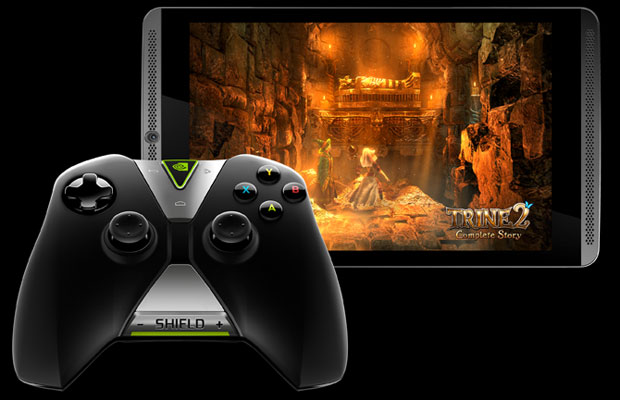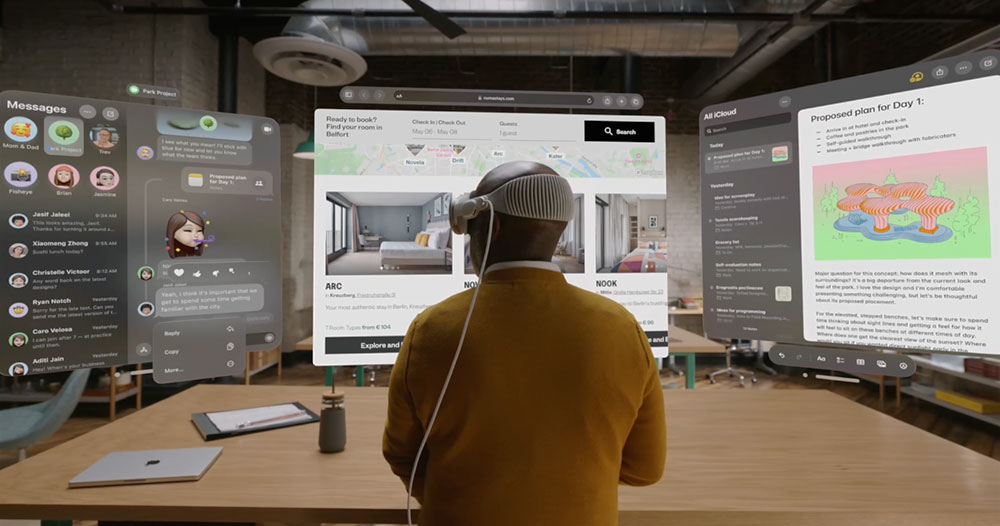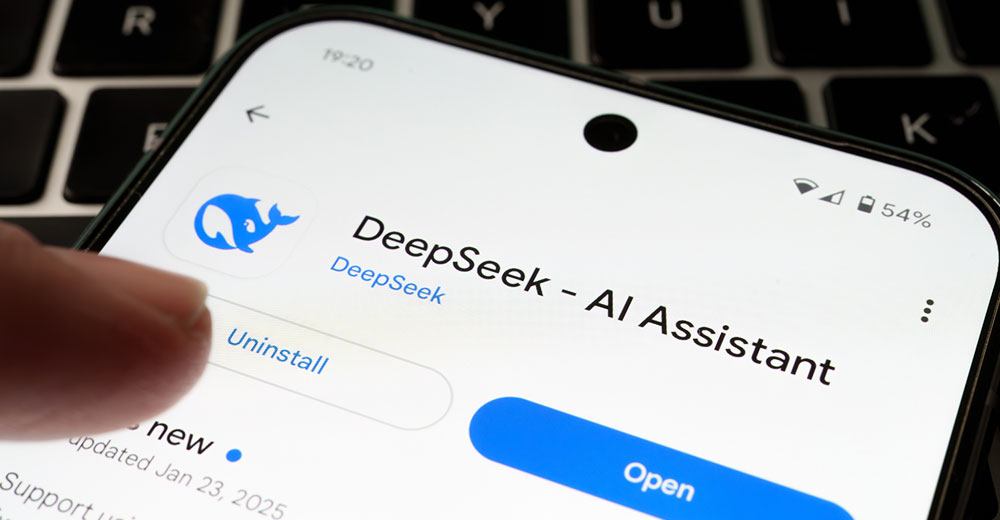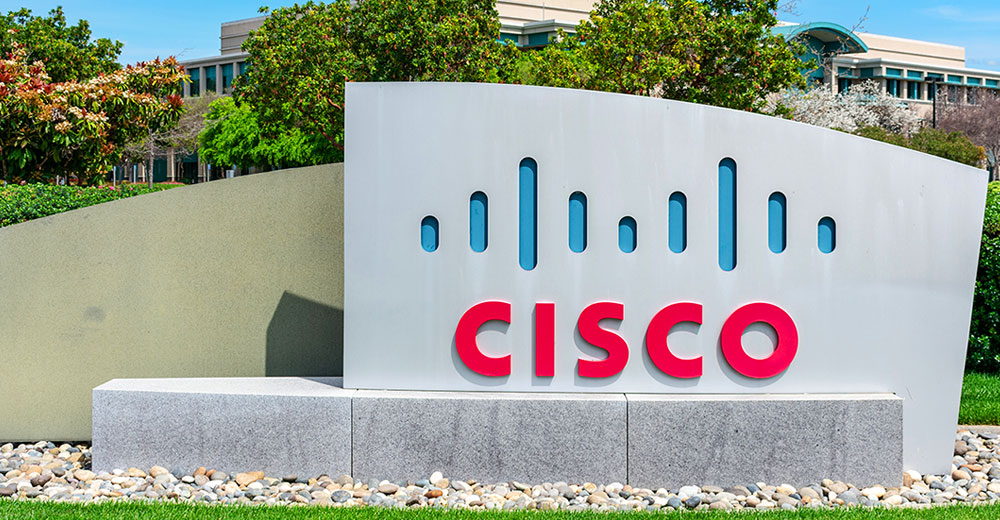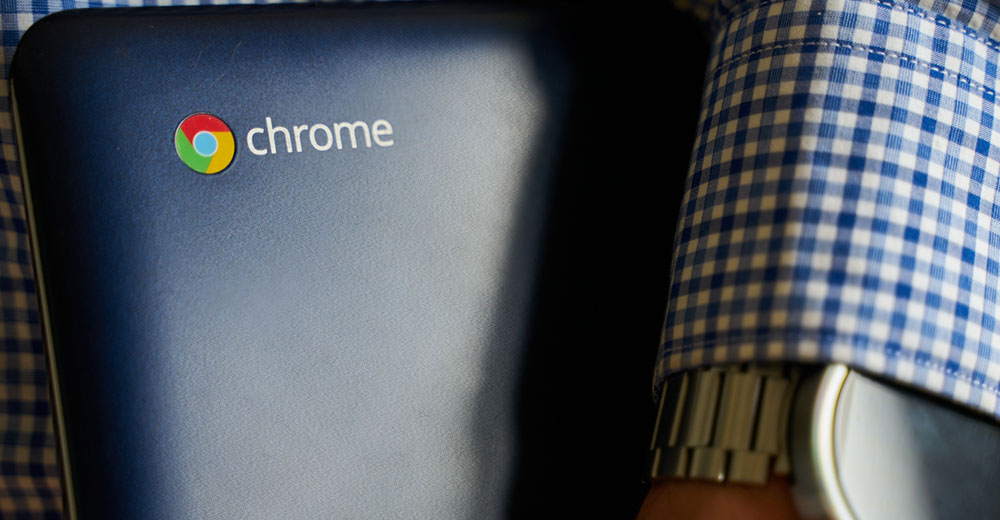After close to a year of beta testing, Nvidia on Thursday officially launched its Grid on-demand game-streaming service.
Due to become available on Nov. 18 in North America, Grid will be free through June 30, 2015, for users of Nvidia Shield tablets and portable devices. It will arrive in Europe next month and in Asia next year.
“We intend to build Grid into a premium cloud gaming service, and the best global service,” Nvidia spokesperson Brian Burke told TechNewsWorld.
After next June, “we plan to transition it to a paid-for service,” he added. “We are working toward a Netflix-like, affordable subscription plan.”
Twenty games currently are available through the service — including Batman: Arkham City, Borderlands 2, Brutal Legend and Psychonauts — and more will be added every week, Nvidia said.
5-GHz Router Recommended
“I have personally tested Nvidia Grid in beta, and when connection speeds are good, it’s remarkable how the service performed,” said Ted Pollak, a senior analyst for the gaming industry with Jon Peddie Research.
“As with any game-streaming service, however, it’s highly dependent on Internet connection latency and throughput,” Pollak told TechNewsWorld.
Nvidia recommends a 5-GHz router for wireless in order to take full advantage of the service, so it’s possible some users will need to upgrade, he pointed out.
“From a business standpoint, the economics of server deployment is an important factor we are keeping an eye on, but overall I am impressed with the Grid service and interface,” Pollak added.
Android ‘Lollipop’ on the Way
News of Grid’s launch came as part of a suite of announcements on Nvidia’s Shield gaming tablet.
Also included in Thursday’s news: The Shield tablet soon will get Android 5.0 Lollipop, as well as a new Valve game bundle that includes Half-Life 2: Episode One.
Nvidia debuted the Shield tablet this summer. Its original Shield handheld gaming device was unveiled last year.
A Small Catalog
From a competitive standpoint, Nvidia’s Grid clearly is taking on Sony’s PlayStation Now streaming service, which launched in beta in late July.
One of the key differentiating features, however, is the sheer number of games currently available.
Comparatively speaking, the size of Grid’s game catalog is “not very large coming out,” observed Lewis Ward, IDC’s research director for gaming.
“The quality is good in terms of the games, but the sheer number is pretty small,” he told TechNewsWorld. “That will be a limiting factor.”
‘A Pretty Healthy Proportion’
Another factor affecting Grid’s ultimate success will be the size of the installed base for Nvidia’s Shield handheld and tablet. Those devices don’t seem to have been selling “all that briskly, though it looks like the tablet is doing better, at least early,” Ward pointed out.
More than half the people who participated in Grid’s beta test in Northern California had a Shield device, he acknowledged, which is “a pretty healthy proportion.”
Proof of Concept
On the hardware side, Nvidia’s service can deliver 60 frames per second from the cloud, Ward said.
Sony’s PlayStation Now, by contrast, delivers “lower resolution and about half the frame rate,” he pointed out — that is, about 30 frames per second at 720p.
“I suspect the hardware side is very solid” for Nvidia, said Ward. “Their issues are the software catalog and installed base.”
As for Nvidia’s monetization strategy, “they want to grow the hardware’s installed base,” he added. “One way to do that is proof of concept, and collect eyeballs early on.”
By keeping Grid free initially, and treating it almost like an extended beta period, Nvidia can learn a lot about users and about how to optimize the technology, Ward said.
“Let’s deliver a solid experience for those who already own it,” is the idea, he suggested, “and let’s give some incentive for others to buy one.”

